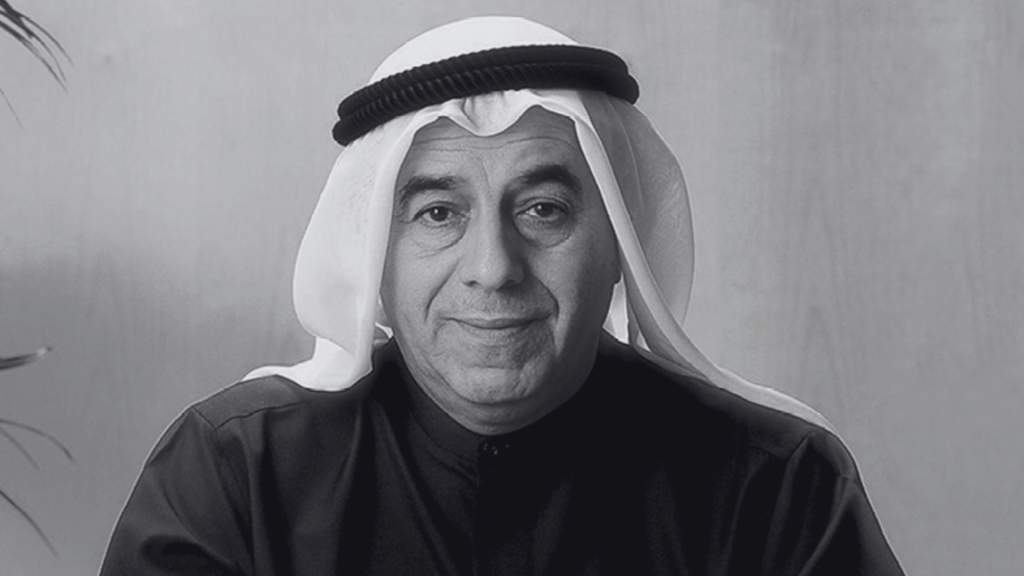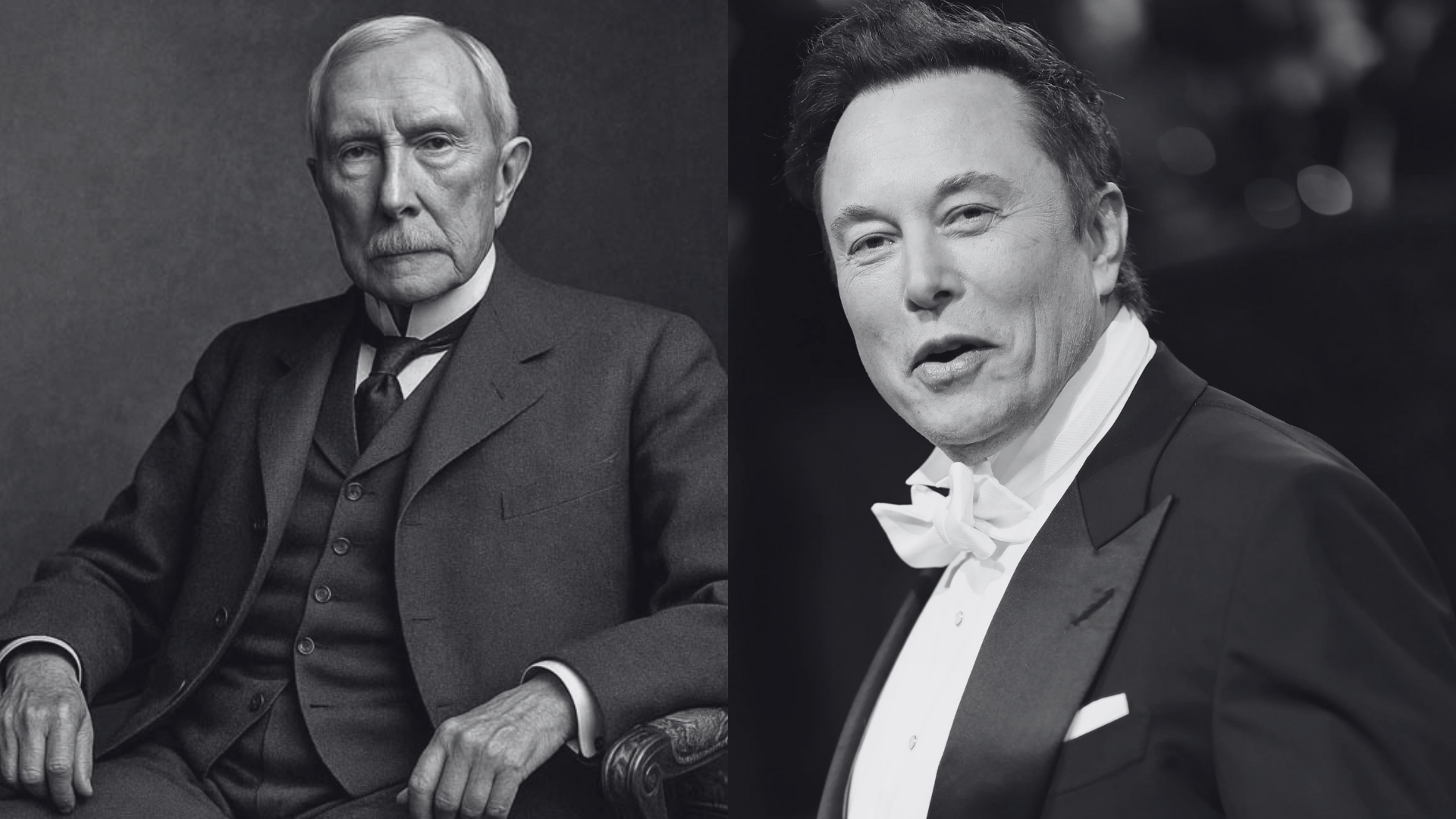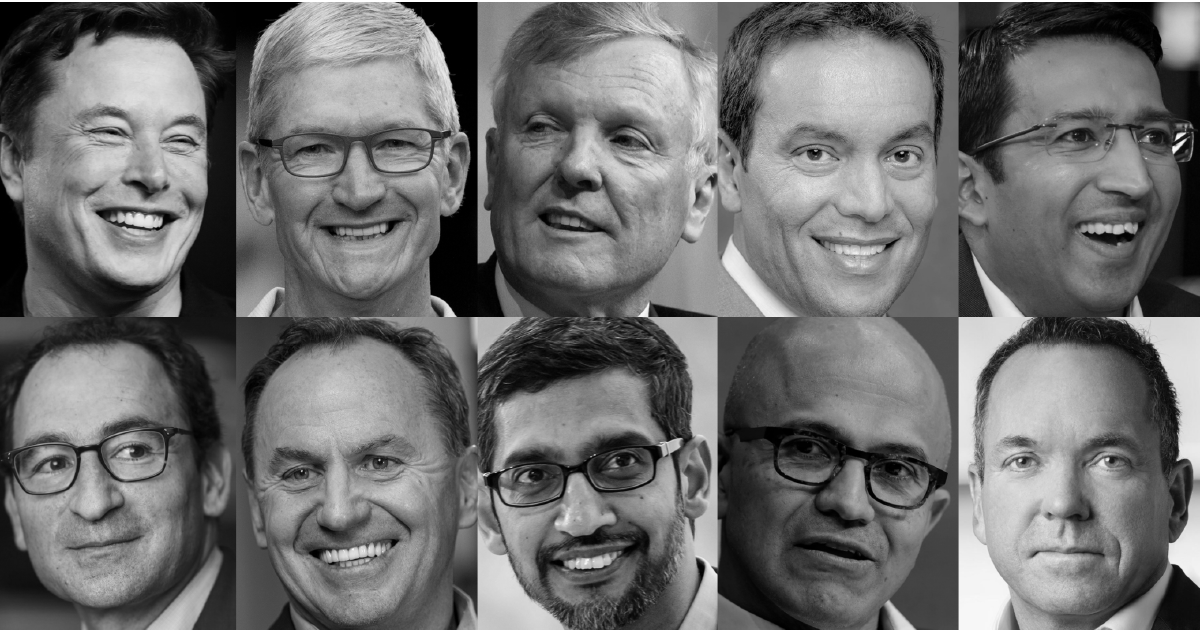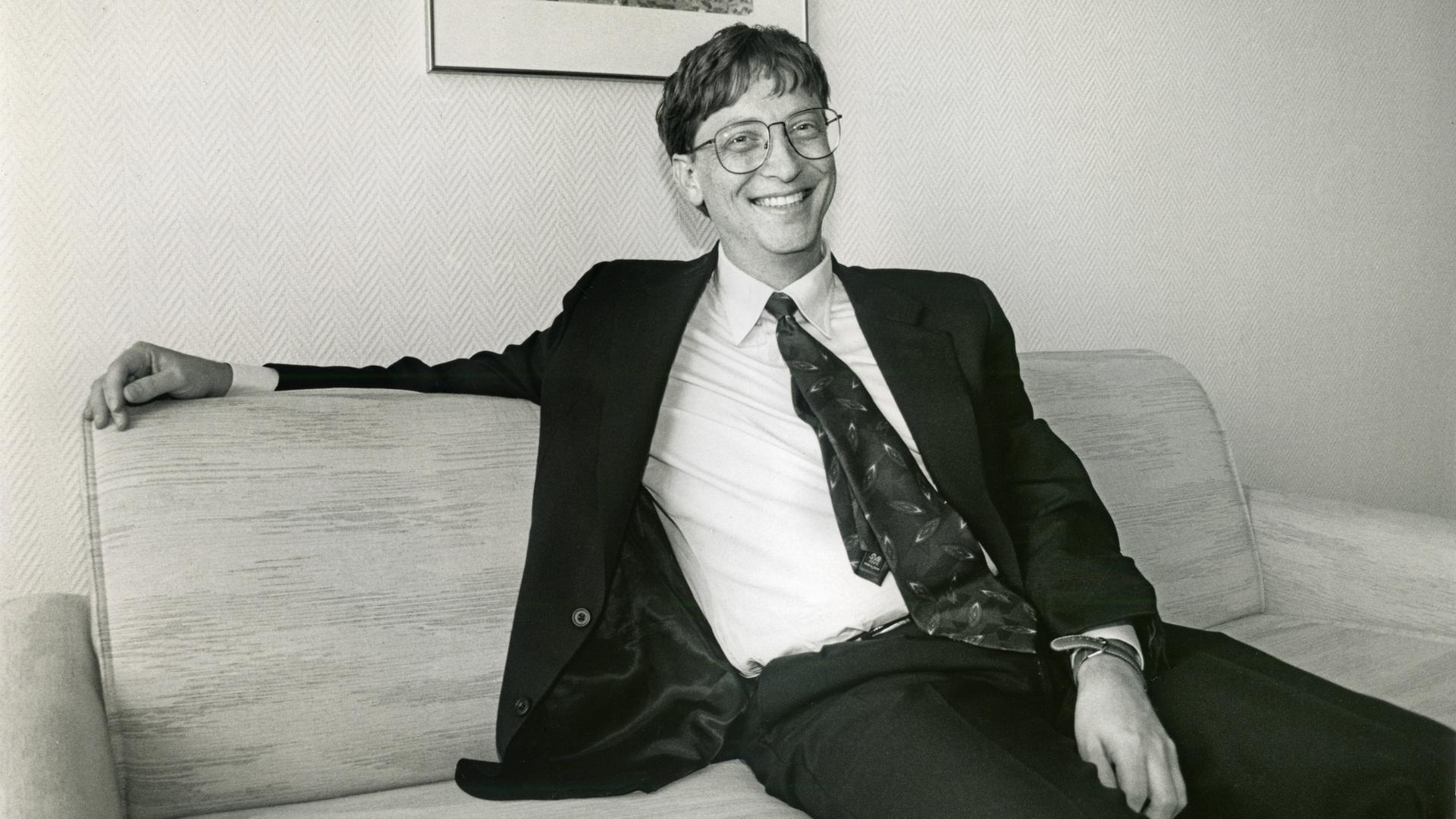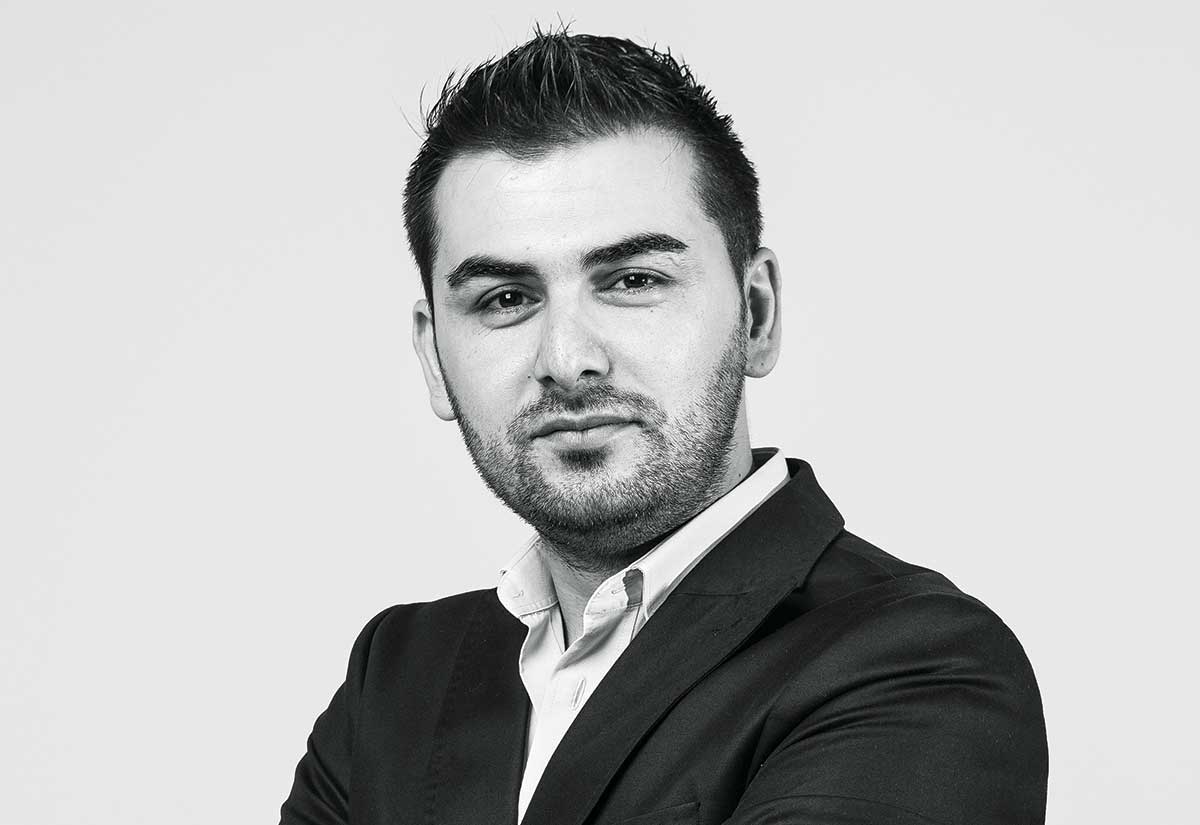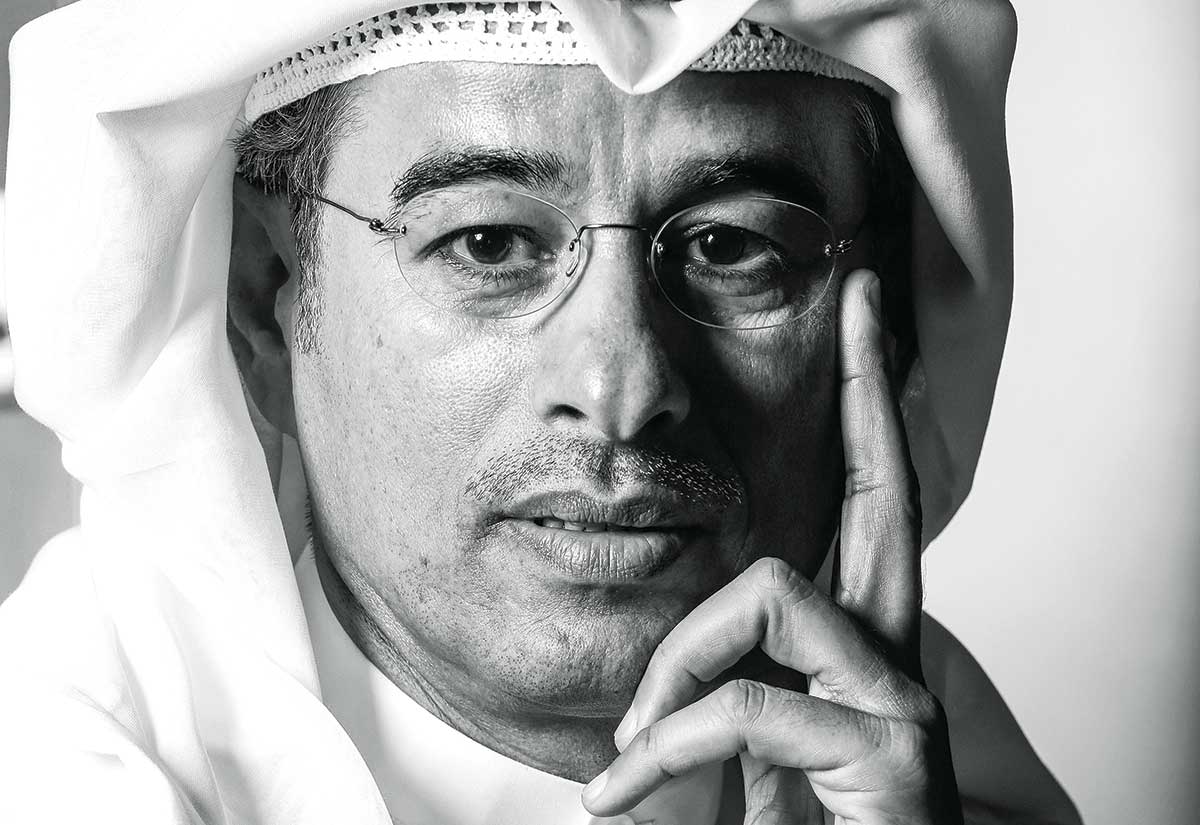Introduction: A Nation and a Businessman Rising Together
When you think about the rise of Dubai from a modest trading port to one of the world’s leading commercial hubs, it is impossible to ignore the men and families who built empires alongside the city itself. Among the most influential of these names is Abdullah Al Futtaim. His journey mirrors the transformation of Dubai: from sand and souks to skyscrapers and supermalls.
Today, the Al Futtaim Group is a powerhouse with operations across automotive, retail, finance, real estate, and logistics. Its portfolio includes Toyota, Lexus, Honda, IKEA, Marks & Spencer, ACE Hardware, and some of the UAE’s most recognizable shopping malls. Yet behind this vast empire is a man who started with vision, persistence, and an ability to strike partnerships that others could only dream of.
This is the story of Abdullah Al Futtaim, the entrepreneur who built one of the most diversified and respected conglomerates in the Middle East.
Early Life: Humble Beginnings in Dubai
Abdullah Al Futtaim was born in Dubai in the early 20th century, long before the city was known for oil wealth or futuristic skylines. At the time, Dubai’s economy revolved around pearling, fishing, and small-scale trade. Families depended on resilience, connections, and an instinct for commerce to survive and grow.
The Al Futtaim family belonged to this tradition of trade. Business was in their blood, but not in the form of modern corporations. Instead, it was about building relationships, bartering goods, and understanding the rhythm of supply and demand in the Gulf. Abdullah grew up in this environment, learning early that reputation and trust were the real currencies of success.
What set him apart was his ambition. He was not content with the limited opportunities that the Gulf offered in those days. He saw that Dubai’s position as a port city, its openness to foreign traders, and its forward-thinking rulers created fertile ground for larger dreams.
The Birth of Al Futtaim Group
The Al Futtaim family first formalized their trading activities in the 1930s and 1940s, engaging in general commerce. Abdullah quickly emerged as a driving force within the family business. His leadership, vision, and appetite for partnerships distinguished him early on.
By the mid-20th century, Dubai was beginning to modernize under Sheikh Rashid bin Saeed Al Maktoum. Ports expanded, infrastructure projects began, and oil discoveries in the region hinted at prosperity to come. Abdullah recognized that to succeed in this environment, he needed to align the family business with international brands that could meet the needs of a modernizing population.
This mindset led to the partnership that would define not only his career but also the future of the UAE’s automotive industry.
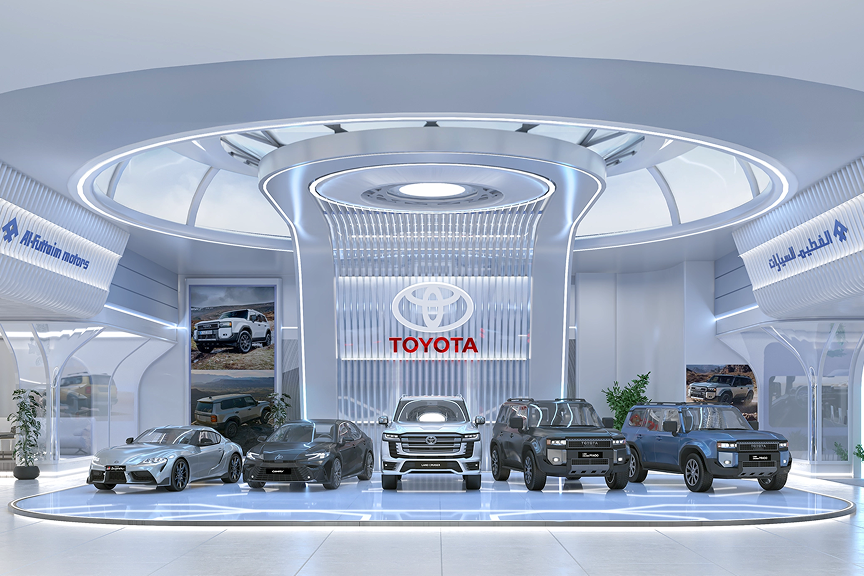
The Toyota Partnership: A Defining Moment
In 1955, Abdullah Al Futtaim secured the dealership rights for Toyota in the UAE. At the time, few could have predicted the scale of this move. Toyota was still a relatively unknown brand outside Japan. Western brands like Ford and General Motors dominated the global automobile market, and many dismissed Japanese cars as inferior.
Abdullah saw things differently. He admired Toyota’s focus on quality, efficiency, and affordability. He also understood the needs of the Gulf market. The people of the UAE wanted reliable, durable vehicles that could withstand desert conditions and offer value for money. Toyota fit this need perfectly.
The partnership was a masterstroke. Over the decades, Toyota became the most popular car brand in the UAE, synonymous with trust and durability. From the rugged Land Cruiser to the dependable Corolla, Toyota cars became part of the social fabric of the nation. And behind that success was Abdullah’s foresight.
This deal also established Al Futtaim Motors as a cornerstone of the family business. It brought not only revenue but also credibility. Other global brands began to take notice of Abdullah’s ability to represent their interests in the region.
Expansion Beyond Cars: Building a Conglomerate
Once the Toyota partnership was secure, Abdullah did not stop. He saw the potential for Dubai to become a hub not just for cars but for global retail and lifestyle brands.
In the 1980s and 1990s, Al Futtaim Group aggressively expanded into retail. They brought in IKEA, offering affordable and stylish furniture to a growing middle class. Marks & Spencer came next, giving expatriates and locals alike a taste of British retail. ACE Hardware followed, serving Dubai’s rapidly urbanizing population.
These moves were not random. Abdullah had a talent for timing and for spotting gaps in the market. Each brand he brought to Dubai addressed a clear need. IKEA filled a void in home furnishing, Marks & Spencer provided fashion and food, and ACE tapped into the do-it-yourself market.
The Group also expanded into real estate, developing shopping malls that became landmarks. Dubai Festival City, a massive mixed-use development, is one of the most prominent examples. It combined retail, dining, entertainment, and residential living, reflecting Dubai’s shift toward lifestyle-driven urban spaces.
Finance was another frontier. Through Al Futtaim Finance, the group supported the automotive arm while also diversifying into broader financial services.
By the turn of the century, Al Futtaim Group was no longer just a business. It was an ecosystem, touching nearly every aspect of daily life in Dubai.
Leadership Style and Business Philosophy
Abdullah Al Futtaim’s leadership style was both pragmatic and visionary. He believed in long-term partnerships over short-term profits. His relationship with Toyota is the best example, built on mutual trust and nurtured over decades.
He also valued diversification. While many businessmen doubled down on one sector, Abdullah spread risk across industries. This not only protected the group during economic downturns but also ensured steady growth.
Another defining trait was his ability to adapt. As Dubai transformed, so did the Al Futtaim Group. Abdullah never clung to old models. Whether it was modern retail, mega-malls, or digital transformation, he made sure the group stayed ahead.
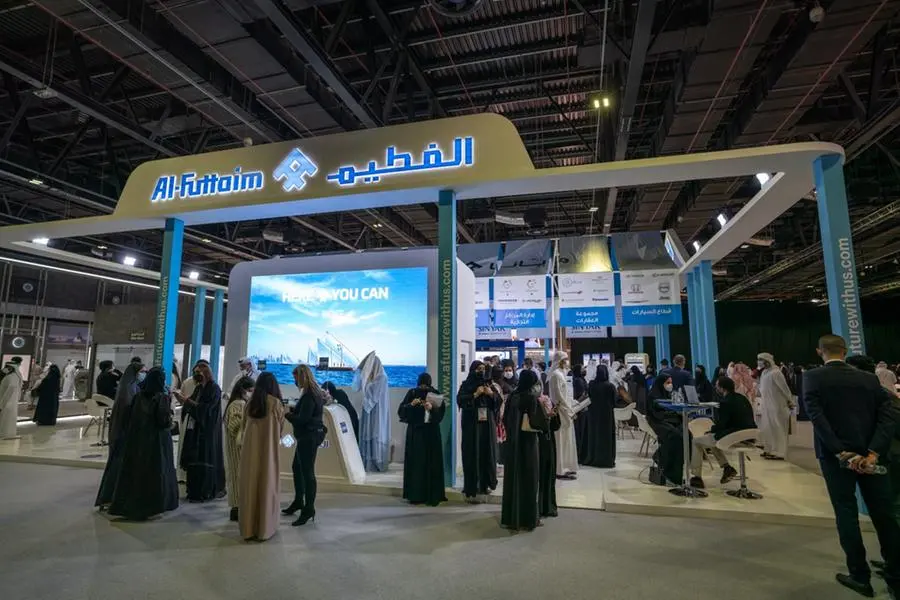
Challenges Along the Way
Success was not without setbacks. The global financial crisis of 2008 tested the resilience of many Dubai-based conglomerates, including Al Futtaim. Real estate values dropped, consumer spending slowed, and expansion plans had to be re-evaluated.
Family restructuring was another challenge. Like many large family businesses, Al Futtaim faced internal disputes. In the early 2000s, the family business was divided between Abdullah Al Futtaim and his cousin Majid Al Futtaim. Majid went on to establish Majid Al Futtaim Group, building a rival empire focused on malls and leisure.
Instead of weakening him, this split sharpened Abdullah’s focus. He concentrated on strengthening his core businesses and building Dubai Festival City into a flagship destination.
Global Impact of Al Futtaim Group
While deeply rooted in Dubai, Abdullah’s vision was global. Al Futtaim Group expanded into 20 countries, including Egypt, Saudi Arabia, Singapore, and beyond.
Automotive operations now cover multiple brands, from luxury marques like Lexus to affordable options like Honda. Retail partnerships stretch across Asia and the Middle East. Real estate developments mirror the Dubai model in international markets.
This global reach demonstrates Abdullah’s understanding of scale. He knew that Dubai alone, though wealthy, could not contain the group’s ambitions. Expansion was necessary, and he executed it strategically.
Philanthropy and Social Contributions
Despite his business achievements, Abdullah never forgot the importance of giving back. The Al Futtaim family has been involved in numerous philanthropic initiatives, supporting education, healthcare, and community development across the UAE.
One of the group’s focuses has been Emiratisation, creating opportunities for UAE nationals within its diverse businesses. The company has also supported sustainability initiatives, aligning with Dubai’s broader vision for a greener economy.
Transition of Leadership: The Next Generation
In recent years, Abdullah has stepped back from day-to-day operations, entrusting leadership to his son, Omar Al Futtaim. Omar serves as CEO and vice chairman, guiding the group into the digital age.
The younger Al Futtaim has emphasized innovation, e-commerce, and adapting to new consumer behaviors. Yet the foundation remains the same: partnerships, diversification, and trust. Abdullah’s influence continues to shape the group’s philosophy even as a new generation takes the reins.
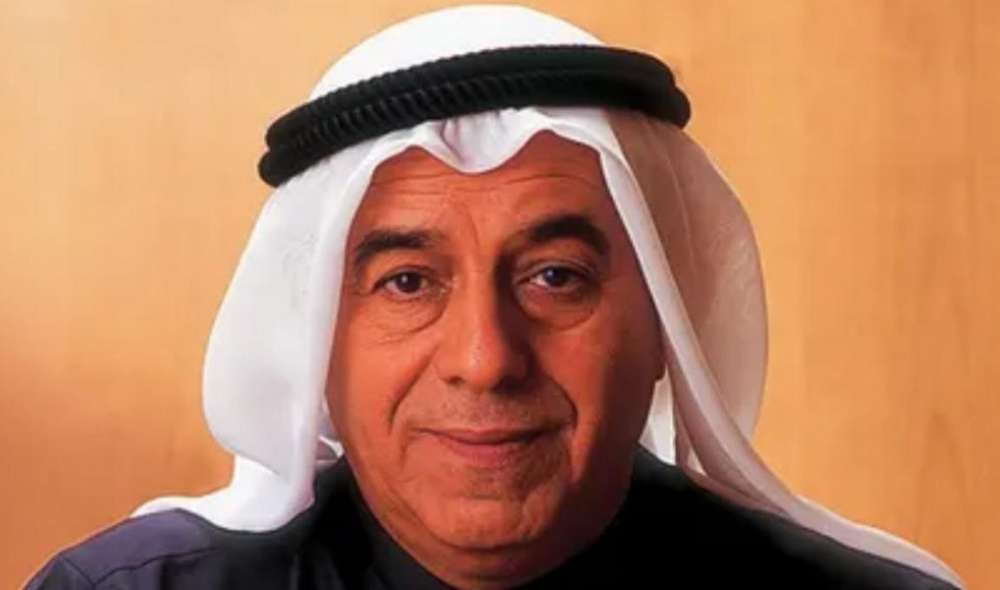
Lessons from Abdullah Al Futtaim’s Journey
Abdullah’s life and career offer powerful lessons for entrepreneurs and business leaders:
- Trust builds empires. His partnership with Toyota is proof that mutual respect and reliability can yield decades of success.
- Diversification protects and grows wealth. From cars to malls to finance, Abdullah ensured his group could weather storms.
- Adaptability is survival. Dubai changed rapidly, and so did Al Futtaim Group. Abdullah never stood still.
- Family businesses can thrive globally. Despite internal challenges, he turned a local trading company into a multinational giant.
Conclusion: A Legacy Beyond Business
Abdullah Al Futtaim’s story is not just about wealth or power. It is about vision, resilience, and the ability to grow alongside a nation. He represents a generation of Gulf entrepreneurs who seized opportunities, built trust with global partners, and left a lasting impact on their communities.
Today, the Al Futtaim Group touches millions of lives every day, from the cars people drive to the malls they shop in, the furniture in their homes, and the services they rely on. Behind it all stands a man whose journey from the old souks of Dubai to the global stage reflects the very essence of the city itself.
Abdullah Al Futtaim’s legacy is not only an empire of commerce but also a reminder of what vision and persistence can achieve when combined with the right opportunities. His life story is woven into the history of Dubai, and his impact will continue to shape the city and the region for generations to come.


